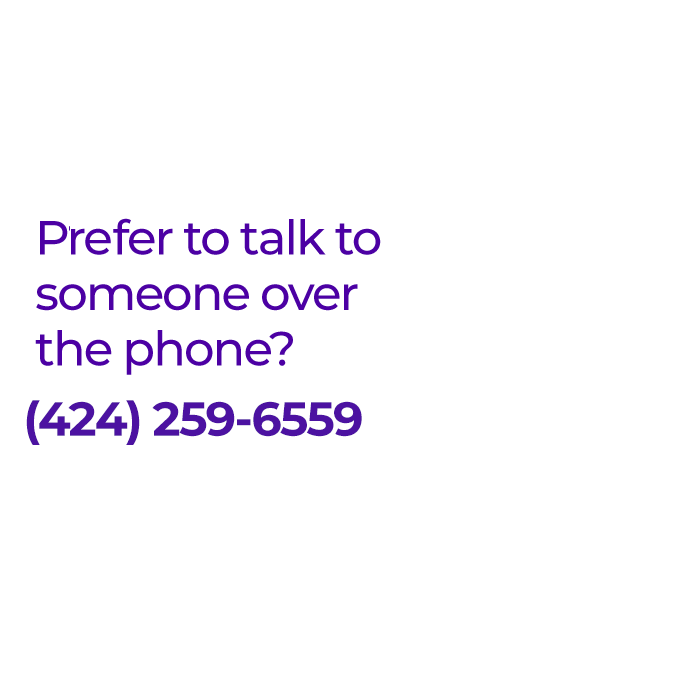The last thing anyone wants is to undergo surgery without achieving results. This idea has been the focus of my career in sleep surgery. It has been wonderful to contribute to advancing our understanding about the physical causes of obstructive sleep apnea and ways we can optimize our preoperative evaluation to select procedures. This work has focused on a patient’s specific anatomy, given that surgery may address the location of the breathing pathway where blockage occurs in obstructive sleep apnea.
The introduction of hypoglossal nerve stimulation, especially the Inspire Upper Airway Stimulation technology, we have an important new approach that has proven so successful in many patients. That being said, like all treatments, there are some limitations. We have led research involving multiple centers around the world, showing that specific findings of anatomic evaluations – drug-induced sleep endoscopy and awake examination in the office – are associated with outcomes of Inspire Upper Airway Stimulation.
But What About Insomnia?
I have written on this blog about research from others indicating that insomnia and anxiety can limit use of Inspire therapy. In that blog post, I explained why substantial, irregular insomnia has been a major obstacle to Inspire usage for some of my patients and why I now consider this level of insomnia as a reason not to use Inspire therapy. Importantly, this applies to all hypoglossal nerve stimulation technologies to treat obstructive sleep apnea – applying not just Inspire’s system but to others under development – as it relates to movement of the tongue, a direct result of stimulating this nerve.
Insomnia is very common, so it is important to note that I am worried about those with substantial insomnia, not milder insomnia. The question is how to know what level of insomnia really matters. Some colleagues whom I respect tremendously have recently published a study using data from Inspire’s ADHERE Registry, a large database to which I have included some of my own patients. The article suggested that insomnia is not associated with low usage of Inspire therapy but, instead, that it may be associated with better outcomes.
How Could This All Be True?
I wrote a Letter to the Editor that has just been published, pointing out that the problem is how we measure insomnia. The Insomnia Severity Index is used commonly to determine the severity of insomnia and was used in the studies I have mentioned. Unfortunately, this questionnaire has only been validated as a measure of insomnia in patients who had insomnia but not other sleep disorders. Of the 7 questions in the Insomnia Severity Index, 4 of them are generic, for example, asking “How worried/distressed are you about your current sleep problem?” and “To what extent do you consider your sleep problem to interfere with your daily functioning…currently?” Because someone any sleep problem might lead to worry or interference with daily functioning, the value of this questionnaire is limited for individuals with other sleep disorders.
The Bottom Line
I (and everyone else with whom I have discussed this) agrees that substantial, irregular insomnia is a major issue for getting comfortable with Inspire therapy. Unfortunately, we do not have a simple measure to identify this level of insomnia. Nevertheless, we can go back to the basics…and simply ask the patients about their sleep patterns. It does leave a bit of a gray area – what level of insomnia is too much? However, as clinicians and patients, we need to think about how sleep patterns and other sleep disorders can interact, affecting how we may or may not want to utilize Inspire Upper Airway Stimulation.
UPDATE (November 2024): I have presented on this topic at the International Surgical Sleep Society Meeting and the American Academy of Otolaryngology – Head and Neck Surgery Annual Meeting. The company VuMedi asked me to record a talk, and you can watch a short presentation here on the importance of insomnia as a challenge to effective treatment with hypoglossal nerve stimulation.




3 + 7 =